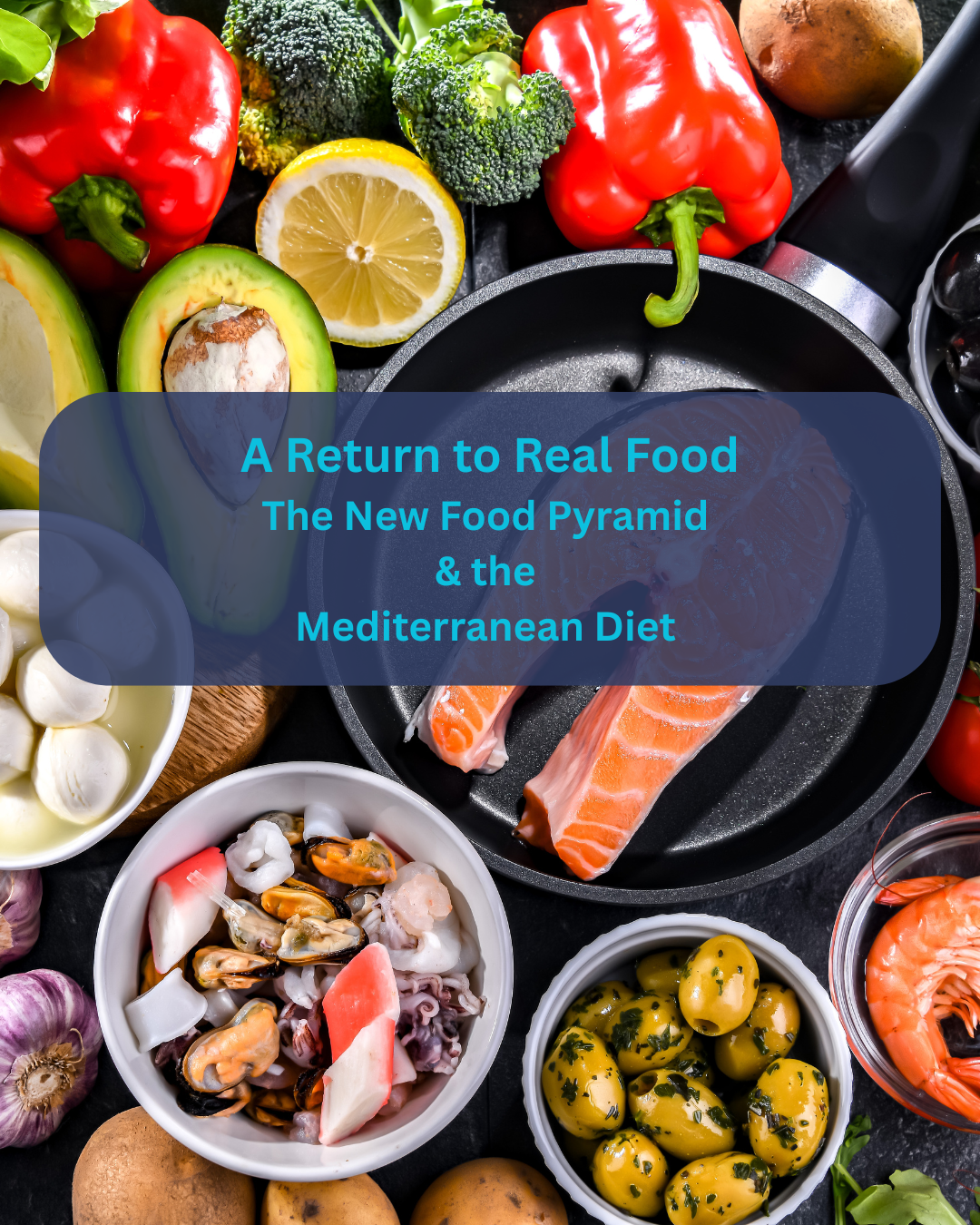A Valentine’s Aphrodisiac That Lasts: How Whole-Body Health Supports Desire
Valentine’s Day tends to focus on grand gestures, flowers, chocolates, and reservations made weeks in advance. But if we’re honest, romance doesn’t start with what’s on the table. It starts with how you feel in your body. Energy. Mood. Hormonal balance. Confidence. These are the real aphrodisiacs, and February is a perfect time to focus on them. As we head into Valentine’s Day 2026, consider this your reminder: supporting intimacy is really about supporting health. Desire Is a Whole-Body Conversation Libido isn’t controlled by a single switch. It’s influenced by ongoing conversations among hormones, metabolism, stress levels, sleep quality, and nutrition. When one piece is out of sync, chronic stress, poor sleep, blood sugar swings, and nutrient deficiencies often take a back seat. That’s why quick fixes rarely work. Sustainable intimacy comes...











